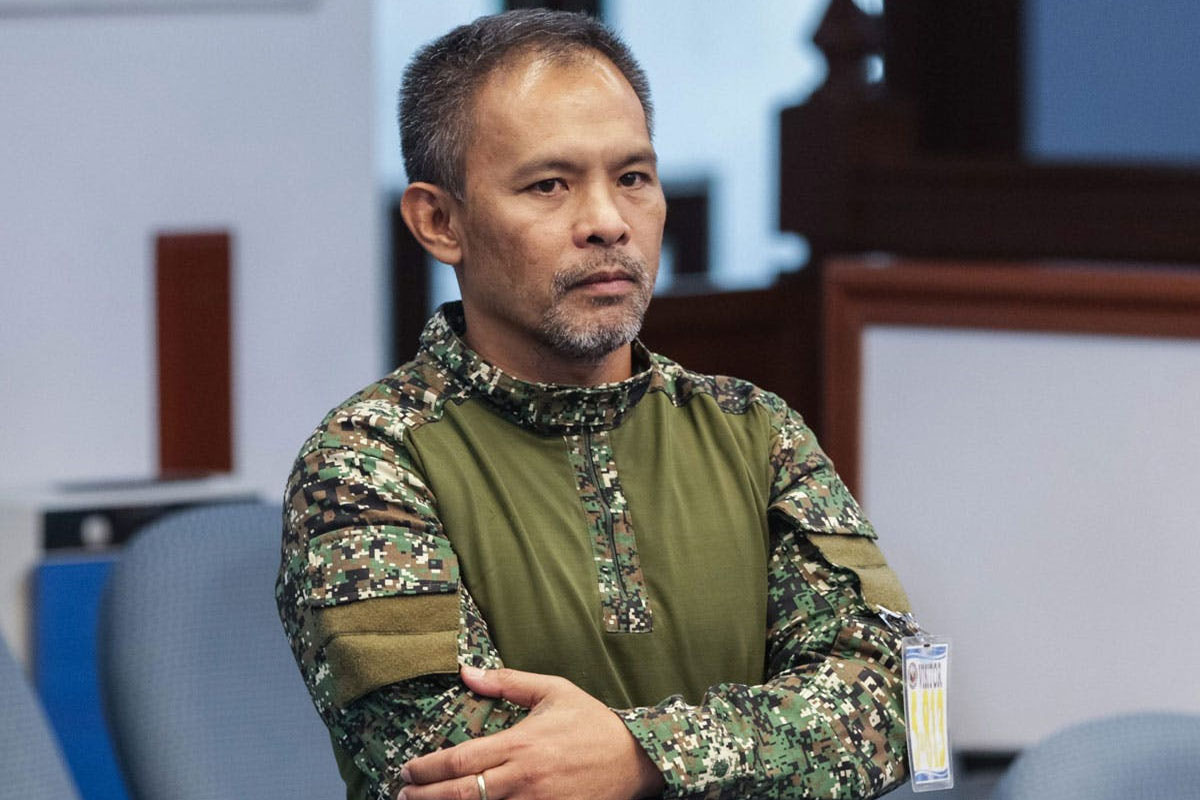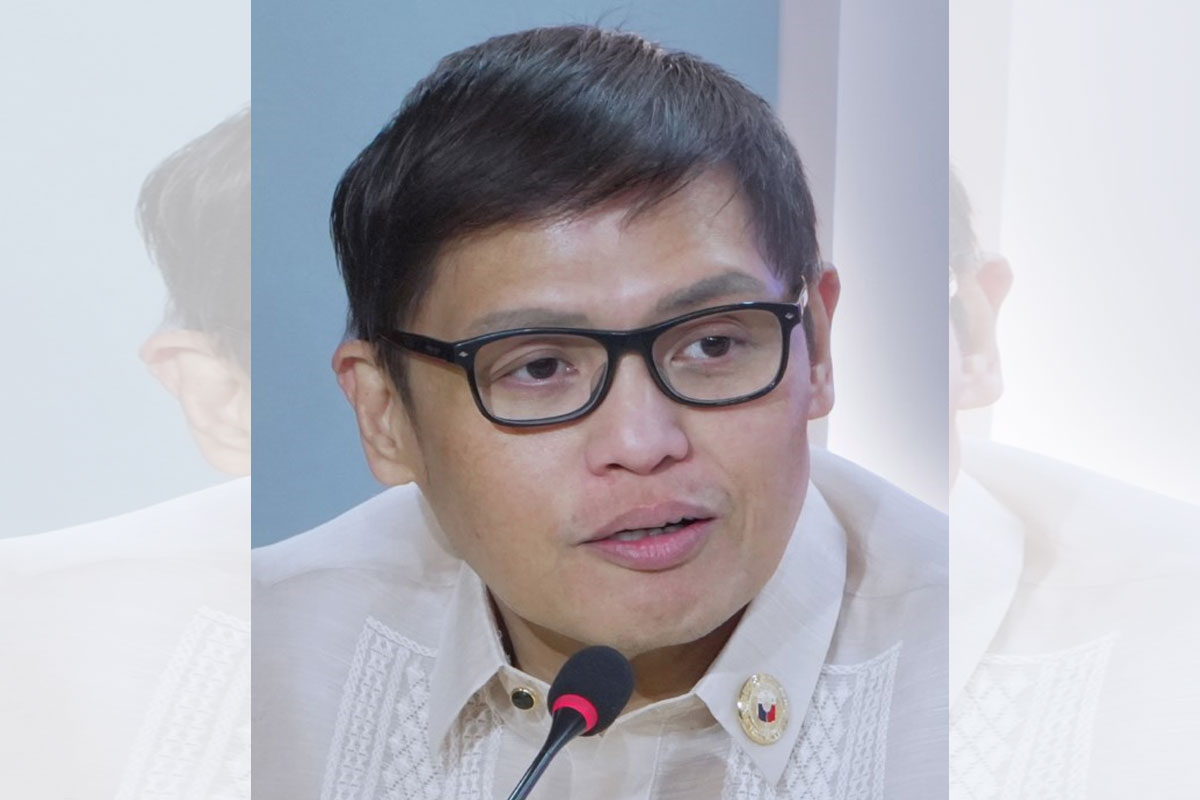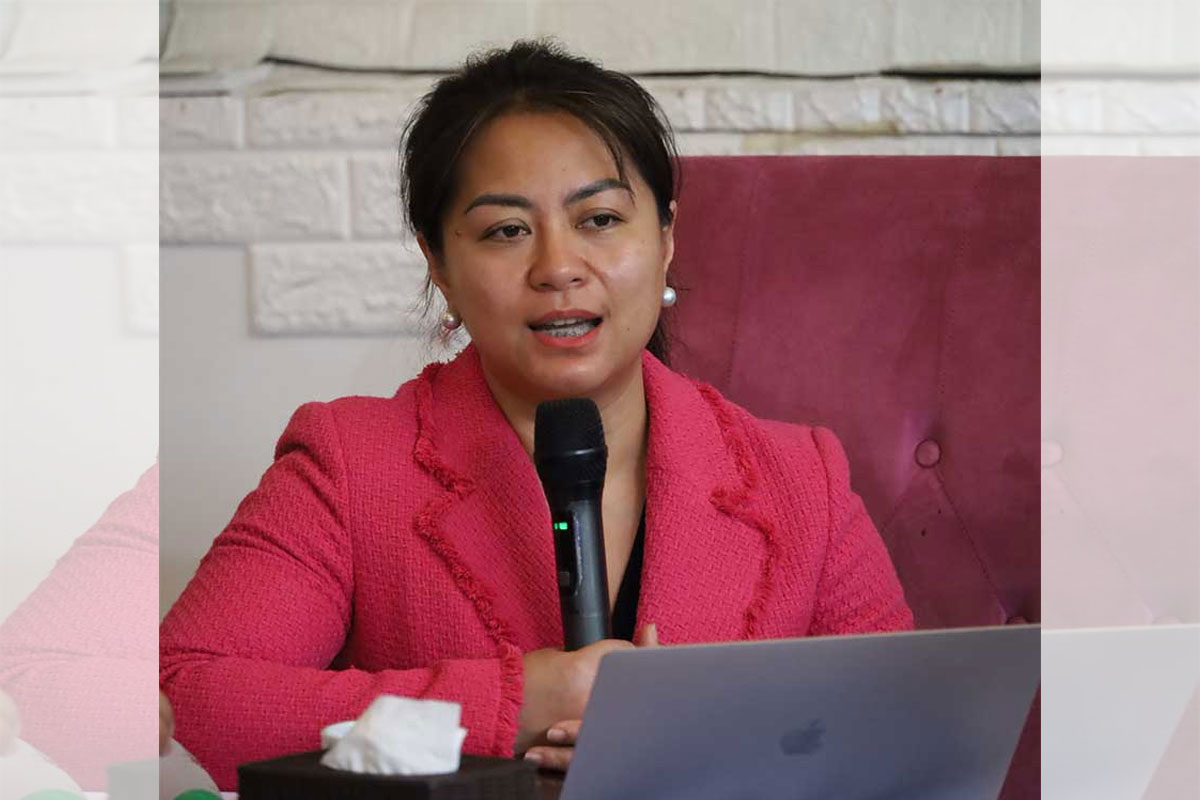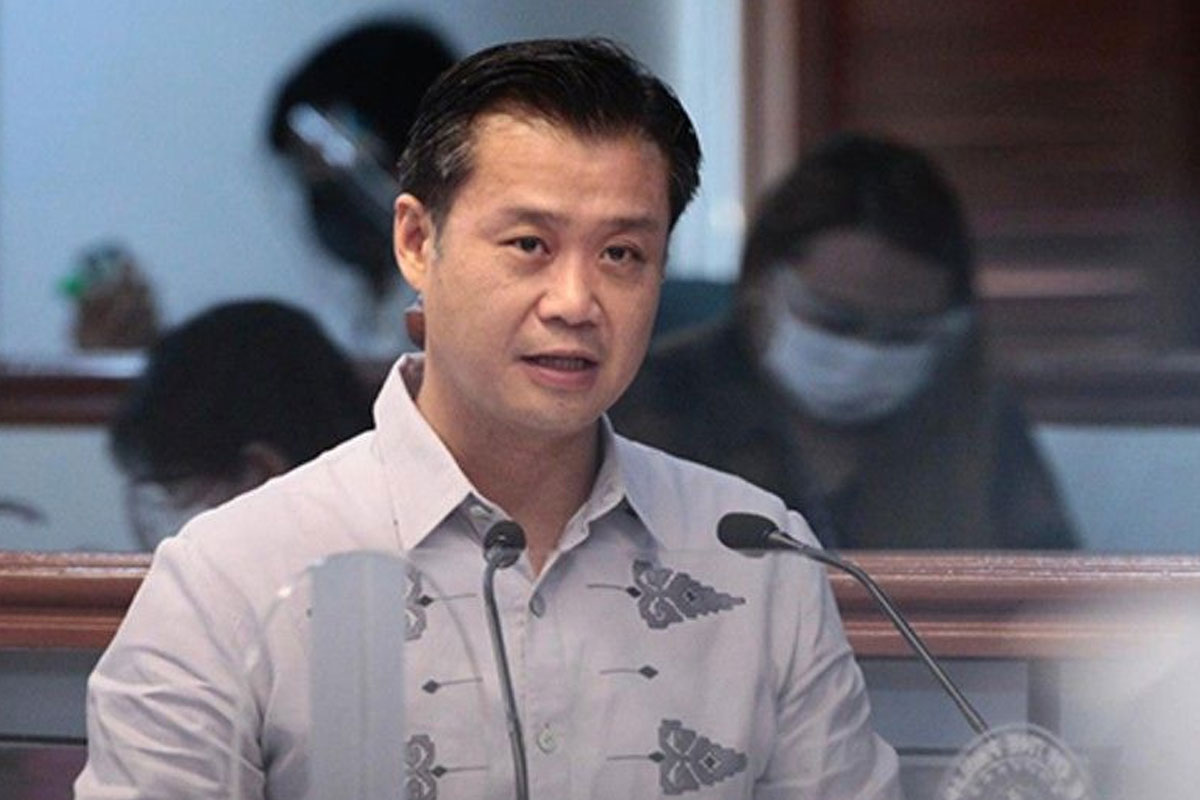
Tunisia president dissolves parliament extending power grab
AFP — Tunisia’s President Kais Saied on Wednesday dissolved the country’s parliament and said MPs would be prosecuted, extending an eight-month power grab and intensifying the country’s political crisis.
He made the announcement at a meeting of the National Security Council, hours after parliamentarians held a plenary session online and voted through a bill against “exceptional measures” taken by Saied last year.
“Today, at this historic moment, I announce the dissolution of the Assembly of Representatives of the people, to preserve the state and its institutions,” he said in a statement carried on state TV.
He denounced parliament’s move as a “coup attempt” and said those responsible had “betrayed” the nation.
“They will be criminally prosecuted,” Saied said.
The former law professor, elected in 2019 amid public anger against the political class, on July 25 last year sacked the government, froze the assembly and seized wide-ranging powers.
He later gave himself powers to rule and legislate by decree and seized control over the judiciary, in what rivals saw as further blows to democracy in the birthplace of the 2011 Arab Spring uprisings.
Saied’s moves were initially welcomed by many Tunisians sick of the often-stalemated political system that emerged from a revolution that overthrew longtime dictator Zine El Abidine Ben Ali.
But an increasing array of critics say he has moved the country, which also faces a grinding economic crisis, down a dangerous path back towards autocracy.
Saied has argued that the North African country’s 2014 constitution allowed him to take “exceptional measures”.
The parliament building in Tunis has remained closed off and guarded by security forces for the past eight months.
But on Wednesday, 120 out of the assembly’s 217 members attended a virtual session — their first since parliament was frozen.
The lawmakers passed a bill to cancel Saied’s measures on the basis that they blocked the democratic process and threatened to reinstall an autocratic system.
The MPs also called for legislative and presidential elections and a national dialogue to break the political stalemate.
“We are not frozen or suspended MPs… but we are under the power of a new pharaoh,” said independent and former presidential candidate Safi Said.
But Saied later quoted from the 2014 constitution, saying that he was “the president of the state, the symbol of its unity and the guarantor of its independence”.
He has repeatedly said the country’s hard-won freedoms are “guaranteed”.
But rights groups have pointed to forceful repression of opposition protests, trials of civilians in military courts and arrests of journalists as signs that the country is returning to authoritarianism.
Saied has laid out a roadmap for drafting a new constitution to be put up for referendum in July, followed by elections at the end of the year.
Saied won elections in 2019 with a landslide 73 percent of votes.
But analysts have warned his popularity may be tested as the country’s economic crisis intensifies, particularly given surging oil and wheat prices following Russia’s invasion of Ukraine. By Paul Raymond





















